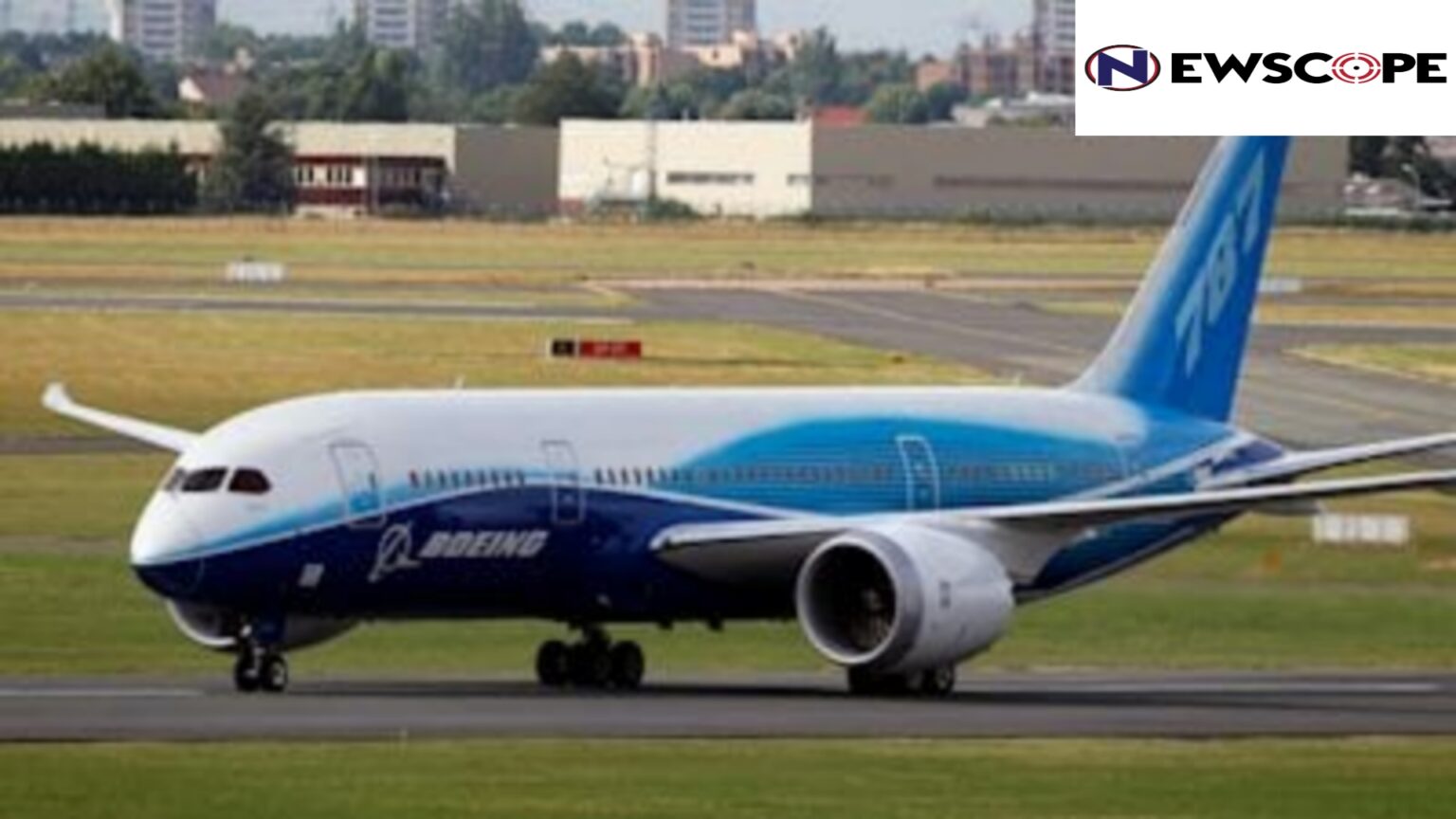In light of the recent Ahmedabad plane crash, Boeing, a titan in the aviation industry, has now come under scrutiny for its lax in safety and quality control practices. The Ahmedabad crash is tragic for Boeing, marking the first fatal incident involving its flagship Dreamliner. The dreamliner previously had held a strong safety record.
The company’s reputation was shaken severely after two Boeing 737 MAX crashes in 2018 and 2019 that killed 346 people, exposing software malfunctions and inadequate safety checks. A string of incidents followed. For instance in 2024, Alaska Airlines 737 MAX, where the door plug blew out mid flight. This resulted in the ousting of former CEO Dave Calhoun. Then came the whistleblower allegations by John Barnett in 2019, thereby revealing production shortcuts and a 25% failure rate in the 787’s emergency oxygen systems.
In 2024, a FAA audit failed Boeing on 33 of the 89 checks on issues like fuselage and improper fastener installation on its 787s. The lapses combined with bruising workers’ strikes halted production and costing Boeing billions which delayed deliveries, impacting airlines like Air India that were already grappling due to supply chain issues.
In 2023, Air India had placed a landmark order for 220 Boeing aircraft— 190 737 MAX, 20 787 Dreamliners and 10 777X jets. However, a combination of Boeing’s production slowdown, the seven week workers’ strike and the FAA restrictions delayed the delivery, affecting parts like premium seats. This pushed back the airline’s retrofit program and fleet expansion timeline by six to eighteen months, as noted by Air India CEO Campbell Wilson.
Boeing’s market cap has dropped 30% in five years, a clear reflection of passenger distrust. Current CEO Kelly Ortberg is now under pressure to restore credibility. However, recent deals like the Qatar Airways’ $96 billion order might offer some relief.
Netizens online have accused the company of repeated negligence and prioritising profit. Although some do defend the company saying aircraft maintenance should fall on the airlines rather than on the manufacturer.



